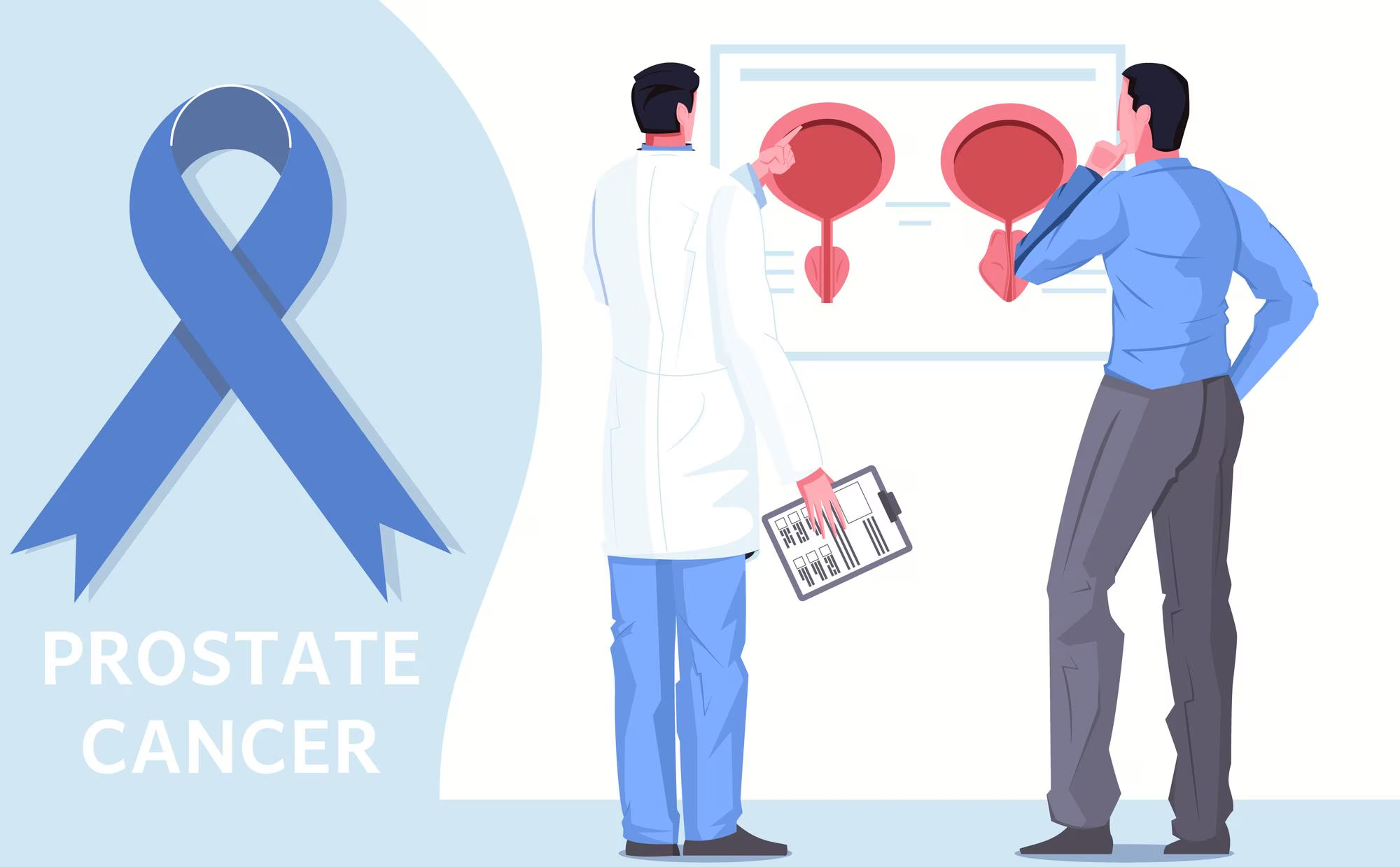Soft tissue cancers, such as sarcomas, often go unnoticed until they reach advanced stages, complicating treatment options. Early detection can be a factor in improving patient outcomes. For caregivers, medical professionals, and individuals affected by cancer, understanding the significance of early identification is key to navigating this complex condition. We’ll explore key aspects of early detection and the role it plays in managing soft tissue cancers like sarcomas.
What are Sarcomas
Sarcomas are a rare type of soft tissue cancer that develops in connective tissues such as muscles, fat, and blood vessels. They can occur in various parts of the body, making them challenging to diagnose. Two main subtypes include soft tissue sarcoma and bone sarcomas, with the former being more common.
Because sarcomas often present subtle symptoms, such as a painless lump or swelling, they can be mistaken for benign conditions. This highlights why awareness of early warning signs and seeking timely medical evaluation is key. Early diagnosis allows for more treatment options and increases the likelihood of successful management.
Why Early Detection Matters
Detecting sarcomas early offers numerous benefits to both patients and caregivers. Beyond the medical benefits, early detection also helps alleviate emotional stress for patients and families. With a clear diagnosis and treatment plan, they can approach the situation with more confidence and control.
- Improved Treatment Options: Early diagnosis often allows for less invasive treatment methods. Patients may have access to localized therapies rather than more aggressive options required for advanced stages.
- Better Prognosis: Sarcomas detected early are more likely to respond positively to treatment, improving long-term outcomes for patients.
Recognizing Potential Symptoms
Understanding the signs of sarcoma is a key step in promoting early detection. While many symptoms are non-specific, it’s important to take note of unusual changes in the body. Other less common signs might include unexplained weight loss or fatigue. If any of these symptoms occur, a consultation with a healthcare provider is recommended.
How to Support Early Detection
Medical professionals and caregivers play significant roles in encouraging and facilitating early detection of sarcomas. For caregivers, understanding when and how to seek medical assistance makes a real difference. For medical professionals, promoting awareness among patients about sarcoma risk factors and screening options prevents diagnostic delays. Early referral to specialists, such as oncologists, ensures patients receive timely and appropriate care.
Here’s how you can contribute:
- Encourage Regular Check-Ups: Proactive healthcare visits can help catch potential issues before they escalate.
- Raise Awareness: Share information about sarcomas and their symptoms within your community or circles.
- Advocate for Diagnostic Tests: If you or a loved one notice concerning symptoms, don’t hesitate to request imaging or tests for further evaluation.
The Path Forward
Early detection is more than identifying symptoms—it’s about fostering a proactive, informed approach to health. By recognizing the signs, seeking timely care, and supporting early intervention efforts, we change the narrative around sarcomas. Whether you are a caregiver, a healthcare provider, or someone personally affected, understanding the importance of early detection equips you with the tools to take meaningful action. Your proactive steps might improve outcomes, and sometimes, even save lives.

